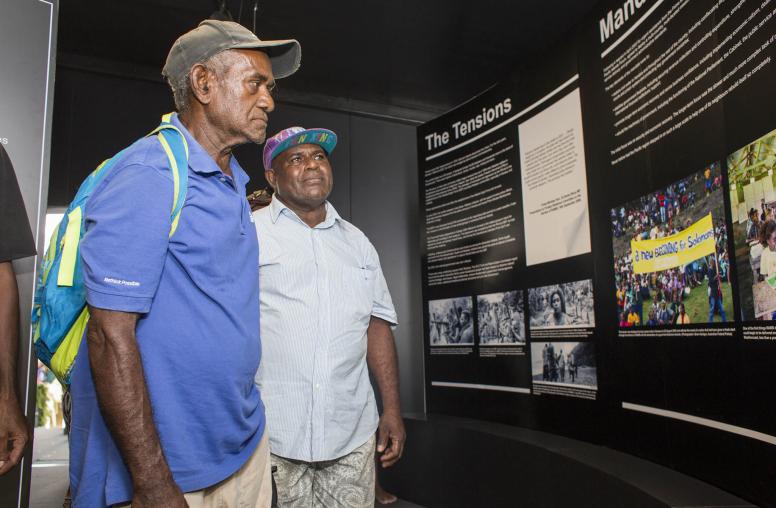The Impact of COVID-19 on Local Peacebuilding in the Middle East
Reflections from Yemen, Syria, and Iraq
The outbreak of COVID-19 in conflict zones was regarded by many as an opportunity for peace. But today, the stark reality in many conflict zones has shown that the opportunity may have been missed. Cease-fires are being ignored, and the politics of the pandemic have enabled conflict and violence rather than deterred them. The past few months have shown that while the COVID-19 health crisis will eventually subside, its economic, social, and political implications will unfortunately outlive it. In the face of these challenges, how are local peacebuilding efforts in the Middle East coping with the far-reaching effects of the pandemic in both the short- and long-term?
Arabic
English
On October 14, USIP and the Overseas Development Institute (ODI) held a panel discussion featuring peacebuilding experts and practitioners from the Middle East. The online conversation looked at the implications of COVID-19 on peacebuilding at the local level in three particular Middle Eastern contexts—Yemen, Syria, and Iraq—as well as how regional and international actors should engage in the Middle East to support local peace actors as they try to preserve the gains they’ve made over the past few years.
Continue the conversation on Twitter with #COVIDInMiddleEast.
Please note: this event will be broadcast live at 9:30am EDT. The event will be streamed in Arabic on YouTube and in English on USIP's LinkedIn, Facebook, and Twitter. Both the English and Arabic versions will be available during the event on this webpage.
Speakers
Dr. Elie Abouaoun, opening remarks
Director of Middle East and North Africa Programs, U.S. Institute of Peace
Dr. Sultan Barakat
Founding Director, Center for Conflict and Humanitarian Studies
Dr. Kathryn Nwajiaku-Dahou, opening remarks
Director of Politics and Governance, ODI
Mrs. Nadwa Al-Dawsari
Non-resident Fellow, The Middle East Institute
Mrs. Noor Qais
Program Officer, Sanad for Peacebuilding, Iraq
Dr. Sherine Taraboulsi-McCarthy, moderator
Interim Senior Research Fellow, The Politics and Governance Program (ODI)




